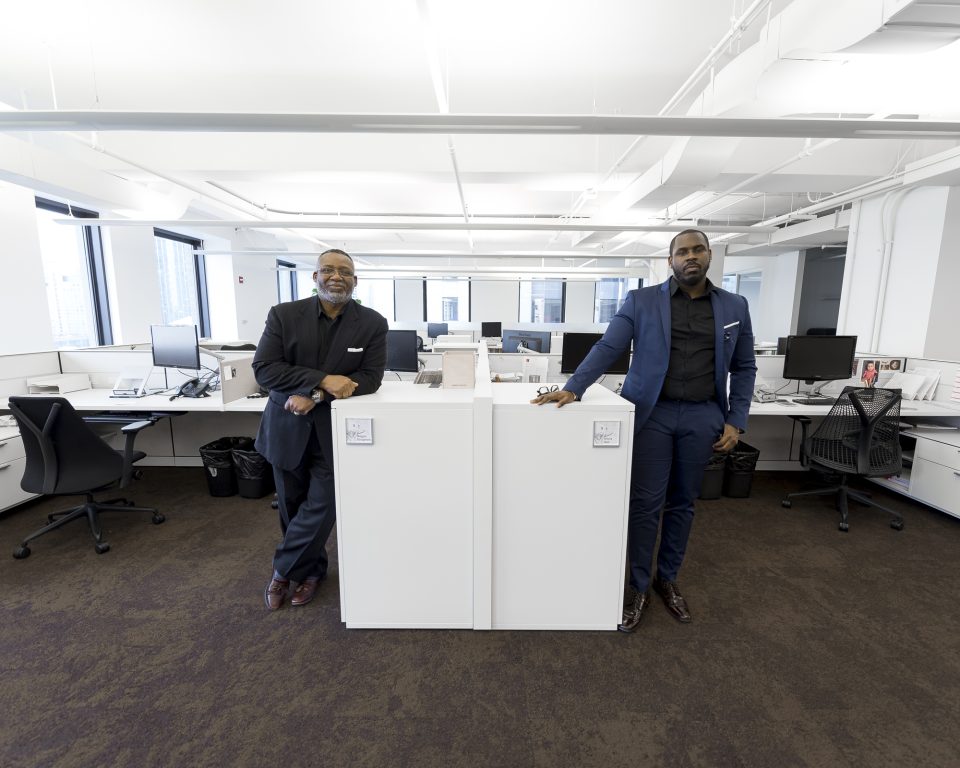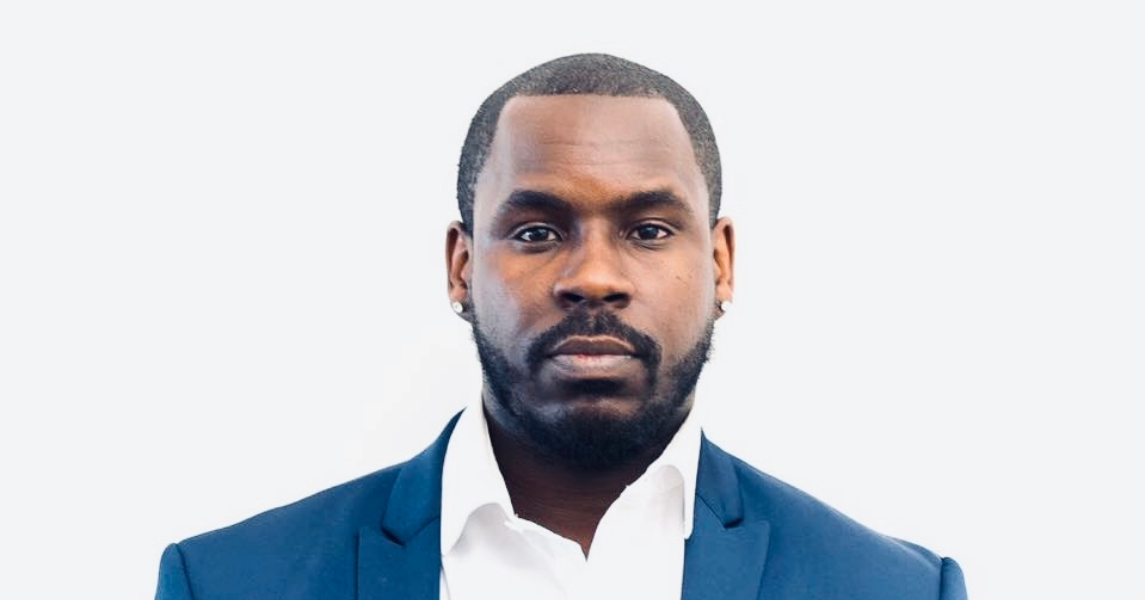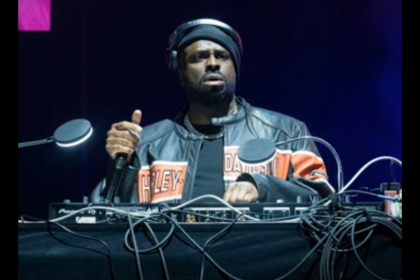In an exclusive interview with rolling out, Joshua Johnson, vice president of Space Continuum, emphasizes personal growth, transparency, and empathy in leadership. Joshua and his father, John Johnson, principal and founder, have grown a Black-owned commercial furniture and interior design firm into a multimillion dollar business. Joshua’s visionary approach has driven significant advancements, securing major contracts and fostering innovation. Johnson also highlights the critical importance of managing mental health, sharing his personal journey, and the role of well-being in sustaining leadership and success.
What core values and principles guide your decision-making process as a leader?
Values and leadership are highly subjective, and while many acknowledge the lack of strong leadership today, it’s vital to stress that leadership starts with personal growth. Effective leaders should embody transparency and accountability, guided by a moral compass. In a polarized environment, leaders must foster empathy, considering diverse viewpoints to build cohesion and unity.
What type of leader are you? How does this impact your team and company culture?
Primarily an autocratic leader, I’ve evolved to adopt coaching, visionary, and pacesetting styles. I liken our team to the ’96 Bulls, aiming for victory. Setting a clear vision, I assess team skills and foster collaboration. We establish a pace, set deadlines, and ensure accountability. Leadership extends beyond one person; we nurture leaders within the team to ensure cohesive progress toward our shared goal.
How has your leadership style contributed to the growth and success of Space Continuum?
My visionary leadership style has propelled Space Continuum forward. Upon joining, I introduced technology to our commercial interior design firm. This foresight secured million-dollar contracts, establishing us as a national distributor of EV charging stations. We’re expanding into AI automation. This forward-thinking strategy has transformed us, ensuring we remain at the forefront of innovation in our industry.
Recommend three books that have significantly influenced your leadership approach, and explain why each is important to you.
Blink: The Power of Thinking Without Thinking by Malcolm Gladwell explores how we make decisions in an instant, delving into why some are adept while others stumble. It reveals the complexities of our minds and the best decisions that defy explanation.
PowerNomics: The National Plan to Empower Black America by Claud Anderson outlines a comprehensive strategy for the economic and social empowerment of Black communities over five years.
I Got Kanyé Confidence by Joshua Johnson isn’t about Kanye West, but about the spirit of confidence he embodies. It inspires readers to reclaim their innate confidence and pursue their dreams with determination.
How do you maintain your mental health and well-being during challenging times, and what strategies do you find most effective?
I’d like to share a vulnerable experience I’m opening up about. Last year, I nearly attempted suicide twice due to stress and unhealthy habits, worsening my mental health. Entrepreneurship is stressful and isolating, fostering bad habits normalized by success. Therapy has been essential, guiding me to new hobbies and uncovering childhood trauma’s role in my drive for success. This introspection led me to reconsider my life’s direction and the importance of open conversations for support and growth.

What key lessons have you learned from leading a family business that you believe apply to any organization?
Leading a family business differs greatly from a corporate one due to the emotional bonds and compassion involved. In corporate settings, individuals often feel like mere numbers. In contrast, family businesses foster a sense of belonging and a shared commitment to success. We seek team members who bring leadership qualities to the table, promoting collective growth. I advise organizations to address polarizing issues by fostering understanding and finding common ground to pursue shared goals despite differing viewpoints.
If you or someone you know needs help, contact the National Suicide and Crisis Lifeline at 988.
















